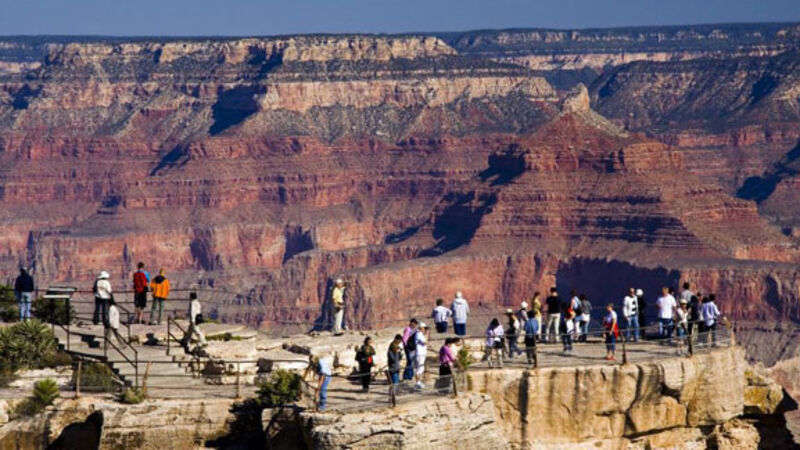Denise Hall: Birds bring dreams of faraway hot spots

And an assortment of winged insects, some of which I couldn’t identify, made their way inside. A small bat spent a couple of nights drying out in the boiler room.
Not exactly holiday weather. Princess Daisy the St Bernard, looked at me as though I were crazy when I suggested that despite the lashing rain, we needed a walk. Not so Jack, the ever-energetic collie, a dog for whom mindfulness is a way of life.










